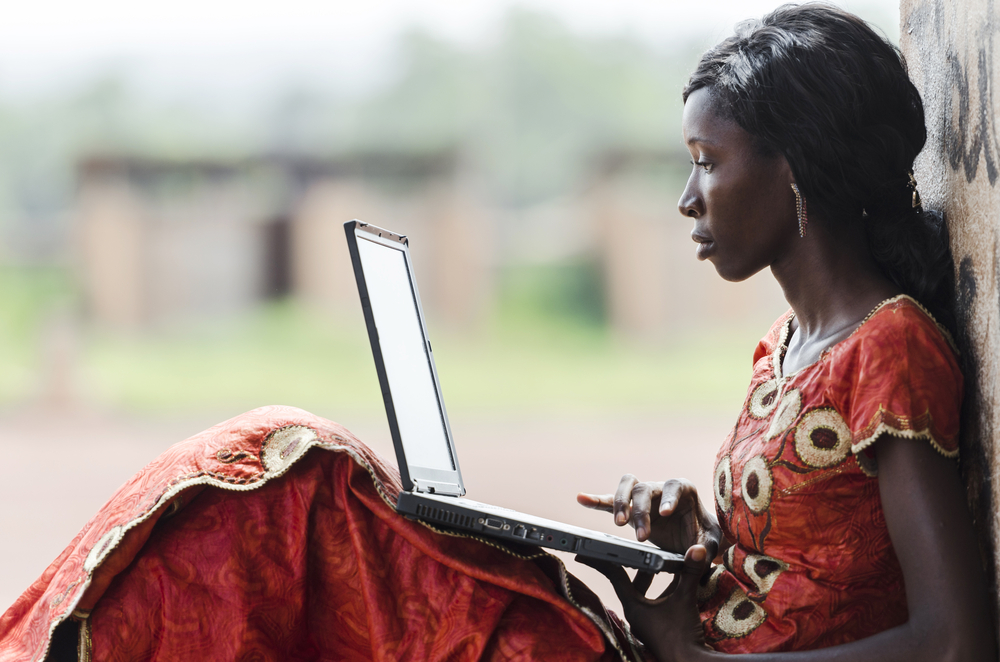Russia may be targeting African nations with propaganda and disinformation on social media sites, according to research group Brookings.
Looking at more than 2.5 million tweets by Twitter users in Africa and tweets concerning Africa and the Ukrainian invasion that were put up between Feb. 24 to June 9, the research group noticed a 190% increase in newly created accounts.
Overall, they found that, in the first two weeks of Russia’s invasion of Ukraine, over 178,000 tweets were dedicated to portraying Ukrainians and other Europeans, excluding Russians, as racist. Drawing upon the struggle that African students had to face to get out of Ukraine, the narratives pushed included one where the European Union was accused of being the reason why they weren’t allowed to leave the country, stating that they were the ones to order the country to do so.
Other narratives pushed in the tweets included anti-West sentiments that accused them of failing to address conflicts in Africa and the Middle East and claims that Russia, unlike the rest of Europe, hasn’t enslaved or colonized other people, falsely pushing that the country hasn’t had a history of oppression.
Tweets claiming that Russia wouldn’t be invading its neighboring country had NATO eased Russia’s fears about security and disregarding Vladimir Putin’s previous public claims of his desire to return to imperialist Russia were also among the most-tweeted Russian narrative tweets.
“Whataboutism” also proved to be a common element amongst the tweets. During their study, the researchers found more than 105,000 tweets that contained the technique where users mentioned the issues in other parts of the world like Syria and Ethiopia to push forward the belief that there are others who are suffering more than Ukrainians. Seen until the beginning of June, this was the most popular technique used.
“In the case of Africa at this moment, Russia’s objectives are not only to justify its invasion of Ukraine, but to sway African countries to support Russia’s actions and secure Russia’s influence over the region, especially as the country becomes increasingly isolated from the United States and Europe,” wrote the researchers in the report.
The new report on Russia’s campaign to push narratives in Africa comes after reports that the war is having an effect on the sustainable development of the continent. According to a May report by the United Nations Development Programme in Africa, Russia’s invasion of Ukraine is directly causing spikes in gas and food in Africa as the cost for a barrel of oil skyrocketed to over $100 for the first time since 2014; meanwhile, the price for grains has noticeably increased because of trade disruptions and a lack of supply from Russia and Ukraine.
The war is also impacting Africa indirectly, according to the UNDP, as they point out that Africa could potentially fulfill the role of being Europe’s main source of oil and gas. However, their potential new role could slow down a transition to sustainable energy and could take away natural gas from the people living on the continent.
As a result of both these factors, the UNDP predicts it could lead to tumultuous times in African nations.
“The impact of the war could push Africa into serious debt distress, making countries less likely to meet their debt obligations. It could also increase inequality because high food and fuel prices typically hit the most vulnerable households hardest,” wrote the UNDP in their report. “Overall, these indirect effects would constrain overall economic activity and could trigger social tensions and unrest.”








